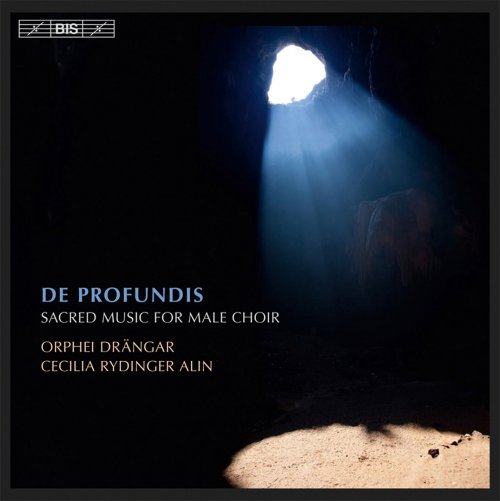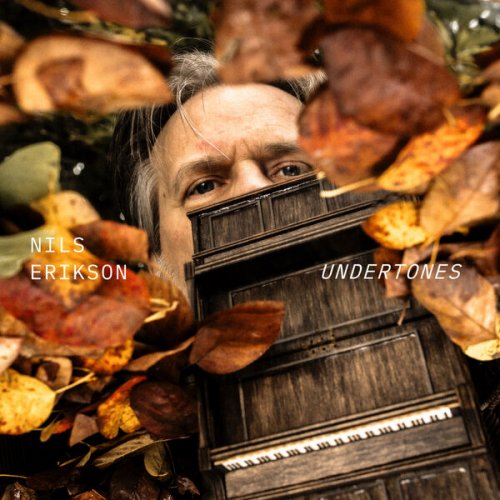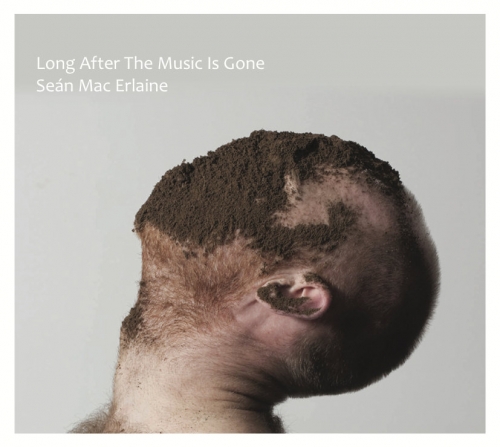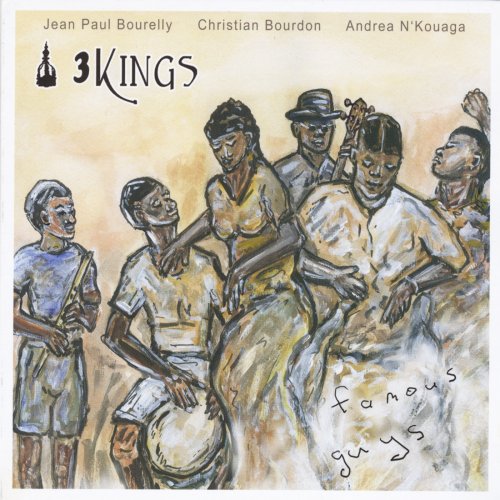Orphei Drangar, Cecilia Rydinger Alin - De profundis (2013) [Hi-Res]

Artist: Orphei Drangar, Cecilia Rydinger Alin
Title: De profundis
Year Of Release: 2013
Label: BIS
Genre: Classical
Quality: flac lossless (tracks) / flac 24bits - 96.0kHz +Booklet
Total Time: 01:06:23
Total Size: 265 / 707 mb
WebSite: Album Preview
TracklistTitle: De profundis
Year Of Release: 2013
Label: BIS
Genre: Classical
Quality: flac lossless (tracks) / flac 24bits - 96.0kHz +Booklet
Total Time: 01:06:23
Total Size: 265 / 707 mb
WebSite: Album Preview
01. Oh Kristus valgus oled sa
02. Taaveti laulud, No. 137 "Paabeli jogede kaldail"
03. Glorificatio
04. Gloria
05. Andeliga sanger: Kyrie
06. Andeliga sanger: Domine
07. Sanctus
08. Daemon Irrepit Callidus
09. Ave, maris stella (Version for Choir)
10. Nattlig Madonna
11. Ave Maria (Angelus Domini)
12. Psalm 126, Op. 72
13. Péchés de vieillesse, Vol. 3 "Morceaux réservés": No. 7, Preghiera
14. Newton's Amazing Grace
15. Psalm 150 "Praise the Lord"
16. De profundis
Estonia provides both starting point and goal for this disc of sacred music for male choir, with a traditional hymn followed by works by composers such as Kreek, Eespere and Lemba, and the closing De profundis by Arvo Pärt. But in between, Orphei Drängar and their conductor Cecilia Rydinger Alin make a grand tour of Europe, taking in music by composers from the Nordic countries, France, Italy, Central Europe and the UK. Biblical Psalms have provided many of these with their texts, such as Milhaud (in French), Langlais (in English), Kreek (in Estonian) and Pärt (in Latin). Others – Lemba, Söderman, Sandström – have set portions of the text of the Catholic mass. Grieg and Biebl were both inspired by prayers in Latin, while Rossini chose to set one in Italian. For Nattlig madonna ('Nocturnal Madonna') the Finnish composer Nils-Eric Fougstedt selected a poem depicting the Virgin Mary with her newborn child by his compatriot Edith Södergran, while Bob Chilcott has chosen one by the Guyanese-British poet John Aagard, whose version of John Newton's Amazing Grace gives the background to the conversion of this 18th-century slave-trader turned abolitionist. Throughout a programme ranging from Rossini's Preghiera from c. 1860 to Sven-David Sandström's Sanctus, composed for the choir in 2010, Orphei Drängar and Rydinger Alin once again demonstrate the versatility and exalted standards that habitually causes the choir to be described as the finest male-voice choir in the world.


![Pasquale Cataldi - Maybe (2026) [Hi-Res] Pasquale Cataldi - Maybe (2026) [Hi-Res]](https://www.dibpic.com/uploads/posts/2026-02/1771154794_shtkhljffl929_600.jpg)


![Dominique Fils-Aimé - My World Is The Sun (2026) [Hi-Res] Dominique Fils-Aimé - My World Is The Sun (2026) [Hi-Res]](https://www.dibpic.com/uploads/posts/2026-02/1771404623_folder.jpg)
![Sababa 5 - Ça va Ça va (2026) [Hi-Res] Sababa 5 - Ça va Ça va (2026) [Hi-Res]](https://img.israbox.com/img/2026-02/19/fjh6s1r25i49g9yulzp8ivi4c.jpg)

![Jon Henriksson, Pelle von Bülow, Rasmus Holm - Monkurt (2026) [Hi-Res] Jon Henriksson, Pelle von Bülow, Rasmus Holm - Monkurt (2026) [Hi-Res]](https://img.israbox.com/img/2026-02/15/ja2eavgnqk7dn4c3l9myzfk37.jpg)